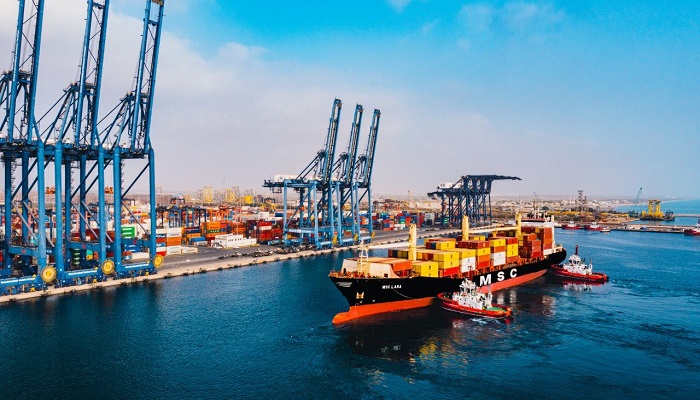

Muscat: A 35,000-tonne shipment of Australian wheat is bound for Oman, according to the Australian Broadcasting Commission (ABC) news website on Monday. However, what makes it unique is that the shipment has been put together by two Australian farmers.
According to a report in the ABC website, the duo have joined forces to put together and export a 35,000-tonne bulk shipment of milling wheat to Oman in what could be a first for the industry.
Grain has been sourced from farmers across western Victoria to fill the 35,000-tonne order for Oman. The duo have cut out the middleman usually involved in grain exports and ensured the end users have direct access from farmers.
Western Victorian grain grower Andrew Weidemann and his West Australian counterpart Barry Large have started the company LW Investments Australia to export grain, including their own, directly from farmers to end users.
The ship is being loaded at the Port of Geelong and will sail for Oman later this week.
Farmers don't usually export their own grain. Typically, they deliver to a bulk handler like Graincorp or Viterra, which then manages export logistics.
Weidemann said end users like Oman Flour Mills wanted to buy grain directly from growers.
"Oman Flour Mills has been purchasing wheat from Australia for quite some time, but they have been talking about trying to connect directly with farmers," he said.
Weidemann said there was interest too from farmers who wanted to know where their grain ended up.
"Traditionally, a lot of farmers have tipped it off at their bulk handler or local grain store and never really know where their grain ends up," he said.
"In this case it's about meeting those people who are using our grain and listening to their story too about why they're trying to work more closely with the production end, rather than through the middleman."
Weidemann said there were complex logistics involved in international shipping.
"It's been a learning curve outside of normal farming practices dealing with shipping lines and demurrage and all these other potential issues that could increase the overall cost," he said.
Australian grain growers have lost tens of millions of dollars in recent years when grain buyers have become insolvent, and Weidemann said those experiences meant a lot of time was spent negotiating secure payment terms.
"To do business the way we wanted to, we wanted the money upfront to buy the grain off the farmer," he said.
"After being an advocate for payment to farmers for a long time, we've been paying farmers within five days and in some cases, a lot quicker than that."
Weidemann said there had been a lot of interest from grain growers in contributing to the shipment, and he expected more to follow.
"At a lot of farmer meetings I've been to, farmers have been asking for this for some time," he said.
"The feedback has been amazing. There are a few detractors out there, like there are in certain circles on different issues but, at the end of the day, we've had a lot more support than I thought we'd receive.
"In the long term, our hope is to make sure those farmers who want to know more about where their product ends up are involved in this process."